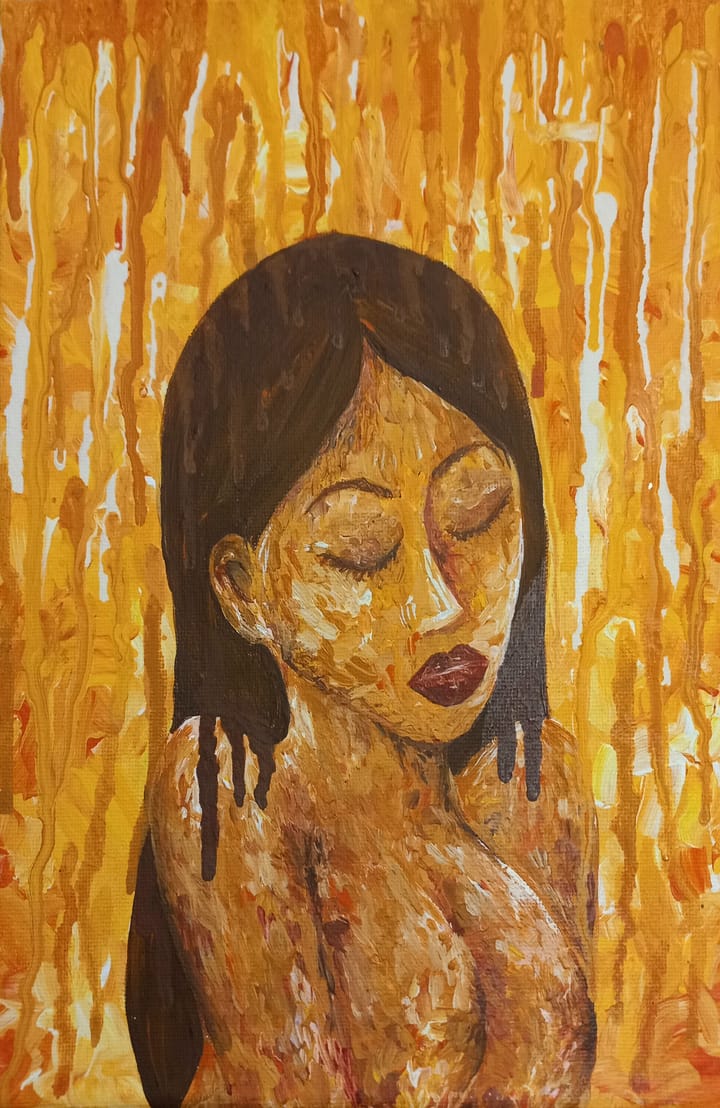Four Ways to Cope with a Winter That Never Seems to End
March is here, and with it brings the promise of warmer and sunnier days. However, one look at the weather predictions brings forecasts of half a foot of snow and highs in the 20s. Seasonal Affective Disorder (SAD) can cause depression symptoms during the winter months, and according to the Cleveland Clinic, it is estimated that as many as 9 percent of Americans experience SAD, while many more have mild symptoms of the disorder when the days are colder and darker. Additionally, the National Institute of Mental Health states young adults ages 18 to 30 are significantly more likely to experience winter sadness than older adults. However, there are many ways on campus to help boost your spirits until spring finally comes.
Let the Light In!
According to the Cleveland Clinic, the main theory behind what leads to both SAD and mild winter blues is a decrease in exposure to natural light. This can lead to decreases in serotonin — a neurotransmitter that regulates mood, and impact melatonin — a hormone associated with mood and sleep. However, light coming in from a window or regular indoor lighting will not be able to compensate alone for this decrease in light exposure. The best course of action is to try to spend more time outside; a walk around noon will provide you with the brightest light possible.
In addition, the standard course of treatment for SAD is using an artificial light box. The light these boxes provide is significantly brighter than normal indoor light and mimics the rays of the sun. The Cleveland Clinic recommends that the most effective time to use a light therapy box first thing in the morning for 30 minutes, which helps suppress the release of melatonin. Light boxes are available for use in the Weiler Wing of Valentine Dining Hall and can be checked out from Frost Library and the Counseling Center. The National Institute of Mental Health has also associated winter depression with low levels of vitamin D, which is why vitamin D supplements are a common recommendation.
Exercise and Stay Healthy
Exercise has been proven repeatedly to help with various forms of depression and anxiety, as it increases serotonin and endorphins, which can both positively affect mood. If you do not like going to the gym, check out the exercise classes offered by the athletic department — such as yoga, Zumba, and barre. Put an exercise class into your planner or calendar like you would for an academic class or important meeting to keep yourself accountable. Additionally, eating healthy foods and having a consistent sleep schedule can help with mitigating symptoms of depression. Even if you only have early morning classes two days a week, try to wake up and go to sleep around the same time every day. The Mayo Clinic specifically recommends regular exercise, a consistent sleep schedule, and healthy eating in their plan for coping with SAD.
Reach Out
There are so many people on this campus who want to help you and see you succeed. Talking to people is a great stress reliever, and positive people have been shown to increase happiness in their companions. Make plans with a friend to do something you’ve never done before, such as visiting the Montague Bookmill or trying a new restaurant for dinner and give both of you something to look forward to. If you feel that the weather, or any other circumstance, is taking a toll, reach out to your friends, resident counselor, professors, class dean or the Counseling Center which is active 24/7 at (413)-542-2354. A counselor can help you make a plan and recommend treatment for any symptoms or feelings you may experience.
Go Easy on Yourself
Remember that no one is happy all the time, and that no one expects you to be either. Make sure to reward yourself with breaks and time to destress. Even if you have to grind out a midterm paper, taking a break to color in a coloring book on the first floor of Frost or admiring the artwork at the Mead Art Museum will help you relieve stress and refocus. Also, research has pointed to humor as a pain reliever, so take the remaining weeks of winter to revisit your favorite comedy show or movie (some of my favorites are “Parks and Recreation,” “Brooklyn Nine-Nine” and “Arrested Development”). Finally, starting a new (non-academic) project, such as a painting or a short story, can help encourage you to practice activities you enjoy, provide you with a distraction on tougher days and give you a greater sense of accomplishment and satisfaction when you make progress. ment and satisfaction when you make progress.





Comments ()